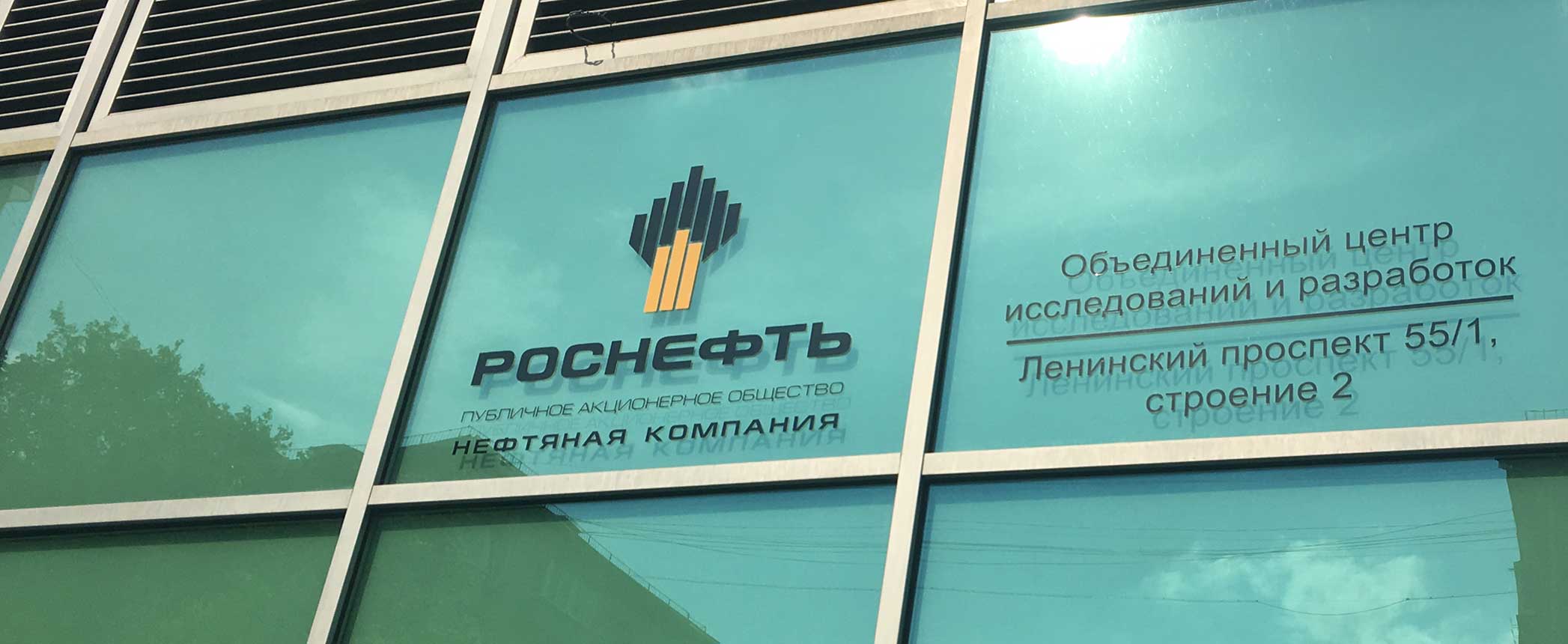
Rosneft’s refinery in Novokuybyshevsk, Russia, was targeted by Ukrainian drone strikes twice last week, the latest in an ongoing campaign against Russia’s energy infrastructure.
The Novokuybyshevsk complex sustained little damage according to local officials. It includes a base oil plant and finished lubricants factory.
This and other similar assaults have impacted Russia’s oil refining sector, leading to disrupted fuel supplies and rising gasoline and motor oil prices, while many refineries have entered a prolonged period of maintenance and reconstruction.
Novokuybyshevsk is in Samara Oblast, 1,000 kilometers east of the Ukrainian border. The local governor reported “several drone attacks” on the region’s oil refineries. At least four refining and chemical installations are located on the eastern bank of the Volga River between Samara and Novokuybyshevsk, including Rosneft’s Kuybyshevsk and Novokuybyshevsk refineries.
A drone attack struck the Kuybyshevsk fuel refinery early on Saturday morning, reportedly halving its capacity, some media outlets reported, quoting Russian sources. Dmitry Azarov, the governor of the Samara region, stated that the attack resulted in a fire at the refinery’s distillation tower.
The Novokuybyshevsk refinery was also targeted, but ”this attack was repelled. There is no damage to the refinery’s technological process,” the governor said, as reported by local news site Sovainfo.
The Novokuybyshevsk base oil plant has capacity to make 260,000 metric tons per year of API Group I base oils, while the lubricants plant has capacity to make 465,000 t/y of finished lubes and chemical additives, according to Rosneft’s website.
A video showing a burning refinery in Syzran, situated approximately 100 kilometers west of Novokuybyshevsk on the Volga’s western bank, was posted on the news outlet Baza’s Telegram channel March 16. This refinery, also operated by Rosneft, was engulfed in a fire that spread across 500 square meters, as reported by Baza. During the same air raid, the Novokuybyshevsk refinery was also targeted, resulting in a smaller fire incident that was “quickly extinguished.”
As the war between Russia and Ukraine entered its third year, Kyiv adopted new tactics to attack Russia’s oil refining sector, which is crucial to supply fuels and lubricants for military tanks, heavy machinery and other armored personnel carriers deployed extensively on the front lines in southeastern Ukraine.
Kyiv also aims to weaken the Russian war economy and disrupt the internal fuel supply. Russian news outlets report logistical challenges, disrupted fuel supplies in some regions and rising prices for gasoline and motor oil. Many refineries are now unable to meet their production plans for 2024 and have entered a prolonged period of maintenance and reconstruction because of the drone attacks.
The list of refineries targeted by Ukrainian air raids in recent weeks includes Lukoil’s Volgograd facility, which includes the country’s largest base oil plant.
Observers have calculated that drone attacks have reduced Russian refinery production by approximately 4.6 million tons during the first quarter, or 7% of national capacity.